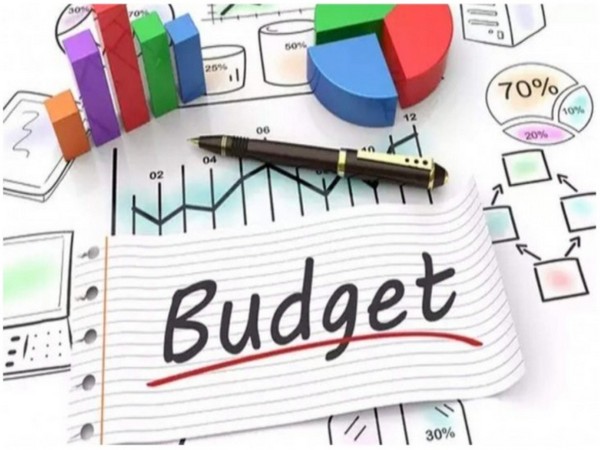EXPLAINER-How budget ruling will affect German finances, coalition
Germany's 2024 budget and financial plans through 2027 were due to be finalised on Friday, as Europe's biggest economic power curbs its spending after a surge in response to COVID-19 and the Ukraine war. However, Wednesday's ruling looks set to force the coalition to now additionally account for the 60 billion euros, requiring it to cut back spending elsewhere given the junior coalition Free Democrats (FDP) party has ruled out tax hikes during this legislative period.

- Country:
- Germany
Germany's constitutional court ruled on Wednesday that the coalition government's decision to re-allocate 60 billion euros ($65.21 billion) of unused debt from the pandemic era to its climate and transformation fund was unconstitutional. Here are some of the implications for the budget, German fiscal policy and Chancellor Olaf Scholz's three-way coalition:
IMPACT ON THE 2024 BUDGET? Germany's 2024 budget and financial plans through 2027 were due to be finalised on Friday, as Europe's biggest economic power curbs its spending after a surge in response to COVID-19 and the Ukraine war.
However, Wednesday's ruling looks set to force the coalition to now additionally account for the 60 billion euros, requiring it to cut back spending elsewhere given the junior coalition Free Democrats (FDP) party has ruled out tax hikes during this legislative period. It is unclear how much of this it will have to account for in the 2024 budget.
"This poses the biggest problem in economic policy to the government in this legislative period," said Jens Suedekum, economist at Duesseldorf University, noting that the 60 billion euros had been factored in to help finance building renovations, updating heating systems and subsidies for electricity prices. Finance Minister Christian Lindner, however, said the government had a contingency plan for a negative ruling which he is expected to explain later on Wednesday.
He is due to hold a news conference with Chancellor Olaf Scholz and Economy Minister Robert Habeck at 1245 CET. HOW WILL IT AFFECT GERMAN FINANCIAL POLICY?
Germany has in the past few years used what some analysts call accountancy tricks to get around its debt brake, which restricts the German public deficit to 0.35% of GDP, such as creating off-budget "exceptional funds". One method was to change the accounting principle by which borrowing counted against the budget deficit in the year the borrowing was actually done. Therefore, the 60 billion euros transfer counted only as a deficit in 2021, but not in the years 2023 and 2024 when most of the spending was supposed to occur.
The ruling against this, however, indicates that Berlin will either have to stick more closely to the spirit of the debt brake, suspend it again, or reform it altogether. Clemens Fuest of the Ifo Economic Institute said one option would be to suspend the brake for 2023 and 2024 arguing the transition to a carbon neutral economy is another emergency situation.
"Whether this would be compatible with the constitution however is unclear after this ruling," said Fuest. Marcel Fratzscher of the German Institute for Economic Research said government attempts in the last 12 years to circumvent the debt brake "have contributed to ever more absurd manoeuvres".
"The debt brake is no longer in tune with the times, because it takes the necessary room for manoeuvre away from politicians to fight crises and invest in the future." WHAT WILL THE IMPACT BE ON RULING COALITION?
The ruling is expected to heighten tensions in Scholz's already fractious three-way coalition, which has seen support slump since taking office nearly two years ago as it tackles a series of crises, in part due to public infighting. Just a third of voters would vote for the parties of the coalition if elections were to be held now, according to the latest survey by pollster Forsa.
Several FDP lawmakers have in recent months called for the party, which has fallen out of several state parliaments in regional elections over the past year, to leave the coalition. Meanwhile, demands from the Greens to reform the debt brake to enable more investment after years of neglect are likely to pick up, clashing with the FDP's insistence on sticking to the rules and remaining fiscally cautious.
(This story has not been edited by Devdiscourse staff and is auto-generated from a syndicated feed.)
ALSO READ
Europe's Strategic Shift: A New Intelligence Alliance in the Making
European Defence Giants Unite for Low-Cost Air-Defence Revolution
Gold Shines Amid U.S.-Iran Tensions and European Bond Yield Drops
European Aerospace Power Struggle: Future of the Fighter Jet
European Shares Rise Amid Corporate Optimism and Eased AI Fears










